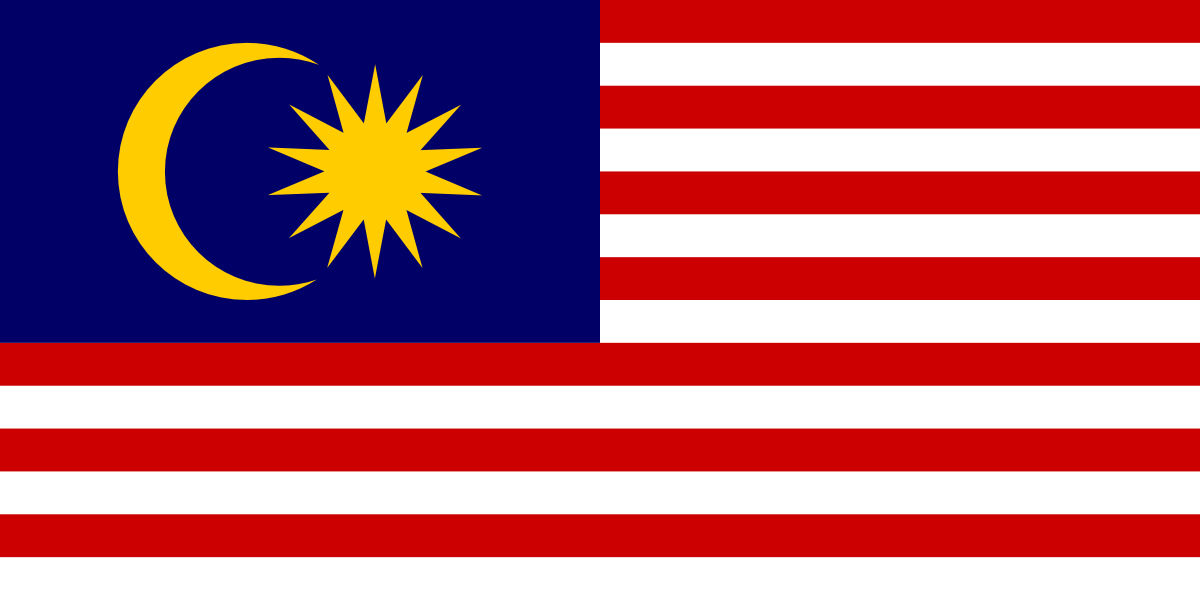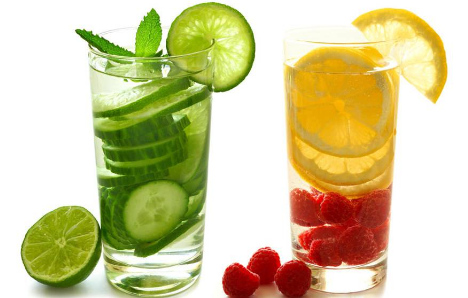Water Is Not The Best Drink To Stay Hydrated
Posted by Just Fitter on
More often, when we talk about hydration, the first thing that comes to mind is WATER. And yes, water helps a lot in keeping our body hydrated. It is the fastest, simplest and easiest thing to grab whenever we feel dehydrated. However, after a while, water can get boring. Don’t you think? And based on a Study from Scotland’s St. Andrews University, water is not the most hydrating beverage around.
According to Ronald Maughan, a professor at St. Andrews' School of Medicine and the study's author, the reason has to do with how our bodies respond to beverages. A factor is the volume of a given drink -- The more we drink, the faster the drink empties from our stomach and gets absorbed into the bloodstream where it can dilute the body's fluids and hydrate us. Another factor affecting how well a beverage hydrates relates to a drink's nutrient composition. An example is milk. It was found to be even more hydrating than plain water because it contains the sugar lactose, some protein and fat, all of which help slow down the emptying of fluid from the stomach and keep hydration happening over a longer period. Milk also has sodium, which acts like a sponge and holds onto water in the body and results in less urine produced.
The research team at St. Andrews University tested 13 common beverages to see how they impact hydration. Here's what they found, ranked from most hydrating over a four-hour period to least.
-
Skim milk
-
Oral rehydration solutions (like Pedialyte or Liquid I.V.)
-
Full fat milk
-
Orange juice
-
Cola
-
Diet Cola
-
Cold tea
-
Tea
-
Sports drink
-
Still water
-
Sparkling water
-
Lager
-
Coffee
Source: The American Journal of Clinical Nutrition, Volume 103, Issue 3, March 2016, Pages 717—723
Why do we need to hydrate and what are the benefits of staying Hydrated?
-
Promotes cardiovascular health. Dehydration can lower blood volume which can make your heart muscle work harder in order to pump and to carry enough oxygen to your cells. This can make normal daily activities more challenging.
-
Assists Muscles and Joints. When the body is sufficiently hydrated, cells can grant adequate nutrients and remove waste function properly. Ultimately, your performance improves. Cells that are not able to maintain the balance of fluids and electrolytes can shrivel and muscle fatigue is often the outcome. Water is also necessary for the lubrication of our joints.
-
Boosts Immunity. Our immune system is more than simply our antibodies. Any barrier to the outside world can be considered an important part of our immune system function. Being appropriately hydrated ensures the sufficient production of saliva. Saliva is important as it has the capacity to trap potential pathogens and destroy them before they enter the body. Staying hydrated also keeps your skin from getting dry as well.
-
Cleanses The Body. Your kidneys require water to filter the waste from the blood and then excrete it in the urine. Maintaining hydration may also aid in preventing urinary infections and kidney stones.
-
Improves Brain Function and Mood. Your brain is strongly influenced by its hydration situation. Blood flow to the brain is directed by our blood pressure which is linked to the amount of water that we drink. Without good hydration, our blood pressure can decrease for periods of time which reduces the blood flow to the brain. Drinking enough water can also make us feel more refreshed and it can improve our state of mind. Mild dehydration has the risk of negatively impacting moods.
-
Improves Endurance and Fights Fatigue. Water intake is an essential part of any workout, and it becomes even more important to prevent dehydration when enduring longer workouts. Water combined with electrolytes assists in maintaining fluid balance, aiding your athletic performance and hampers post-exercise fatigue and exhaustion.
-
Proper Digestive Health. Simply put, your digestive tract needs water in order to function properly and move the food waste through the body. Dehydration will often cause chronic constipation. When you are dehydrated, your stools become drier, harder and much more challenging to pass.
-
Spinal Health. The vertebrae of your spine harbor a little disc that has a big responsibility. This disc that is between the vertebrae helps to absorb shock on your spine and also helps to shield your back from the damage done from daily wear and tear. Your discs are made to lose water and then rehydrate themselves because the movement of your spine and gravity causes the water to flow through your spine and then be reabsorbed by the discs. If not, enough water is available for the discs to absorb what they’ve lost, then it can’t function as it was meant to.
Dehydration
Dehydration happens when your body doesn't have as much water as it needs. Without enough, your body can't function properly. You can have mild, moderate, or severe dehydration depending on how much fluid is missing from your body.
Causes
It’s normal to lose water from your body every day by sweating, breathing, peeing, and pooping, and through tears and saliva (spit). Usually you replace the lost liquid by drinking fluids and eating foods that contain water. If you lose too much water or don’t drink and eat enough, you can get dehydrated.
You can lose more water than usual with:
-
A fever
-
Diarrhea
-
Vomiting
-
Excessive sweating
-
Peeing a lot (Diabetes and some medications like water pills -- also called diuretics -- can make you pee more often)
Symptoms
Signs of mild or moderate dehydration include:
-
Thirst
-
Dry or sticky mouth
-
Not peeing very much
-
Dark yellow pee
-
Dry, cool skin
-
Headache
-
Muscle cramps
Signs of severe dehydration include:
-
Not peeing or having very dark yellow pee
-
Very dry skin
-
Feeling dizzy
-
Rapid heartbeat
-
Rapid breathing
-
Sunken eyes
-
Sleepiness, lack of energy, confusion or irritability
-
Fainting
Symptoms for babies and young children can be different than for adults:
-
Dry mouth and tongue
-
No tears when crying
-
Dry diapers for 3 hours
-
Sunken eyes, cheeks, soft spot on the top of the skull
-
Sleepiness, lack of energy, or irritability
Severe dehydration is a medical emergency and needs to be treated immediately.
Among the signs of dehydration, urine is the most common determinant to know we are hydrated enough or not. Looking at the color of our pee helps us detect if we are mild, moderate or severely dehydrated. 10 Parameter Test Strips is a convenient way of testing urine. It is an advantage since with just urine, we can get multiple results at the same time like early detection of UTIs,. Kidney health and a lot more. But you should know that these are not intended for self-diagnosis. Consulting with a medical practitioner is always best.

Conclusion:
Good hydration is one of the most important aspects of the diet – drinking enough liquids to keep the fluid levels in the body topped up helps to ensure that all bodily functions are able to take place as normal.
Simply waiting for the sensation of thirst is not a good enough sign of a need to drink – by the time we feel thirsty our body is already dehydrated and potentially suffering some of the effects. Equally, simply drinking to eliminate the feeling of thirst does not fully hydrate the body. Water is the fastest way to hydrate our body but there are also other drinks and foods that are hydrating our body as well. We just need to watch out for sugar and sodium and other calories to maintain our healthy lifestyle.
The best indicator of good hydration is urine color, a pale straw colored urine being a reliable indicator of good hydration. Darker colored urine is a sure sign that the body needs more fluid. Getting into the habit of drinking regularly is a great way of keeping hydrated.
References:
https://edition.cnn.com/2019/09/25/health/best-drinks-for-hydration-wellness/index.html
-
https://www.delish.com/kitchen-tools/a32961532/best-hydrating-drinks/
-
https://www.realnutritionllc.com/using-urine-specific-gravity-strips-to-measure-hydration/
-
https://www.bda.uk.com/resource/the-importance-of-hydration.html









